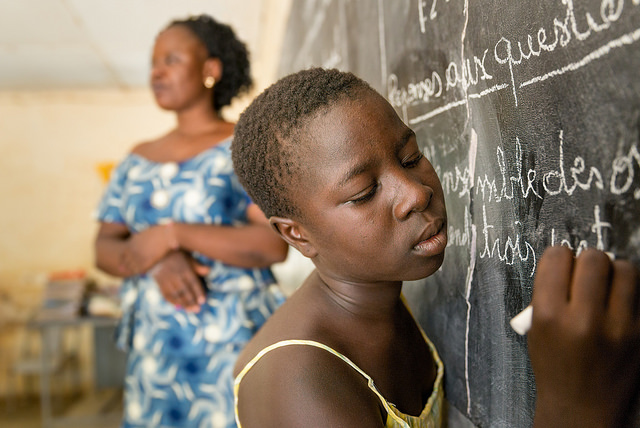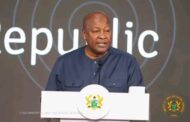In the new decade leading up to the outbreak of the COVID-19 epidemic, several African countries especially on the west side of the continent had experienced sustained economic progress.
However, in a country like Ghana, there are not enough provided possibilities for young people in the country. With the country’s rising youth population, finding pathways to education and jobs is a great issue.
This led to Ghanaian social media users flocking to the hashtag #FixTheCountry to put pressure on the government to improve the lives of its residents. The social media effort is making its way out of cyberspace and into the physical world through intensive radio and television discussions and complaints. Fixing of bad road, better education, lowering of taxes, no more corruption and more youth employments are the main goals of the new movement.
The movement arose from the feeling among the youth that they were not being heard by those in power in the country. The silent young generation of the country seems to have found its voice.
Young nationals who make up the majority of the population, have long used social media to air their grievances and exert pressure on the nation’s officials especially President Nana Addo-Dankwa.
The Ghana National Petroleum Authority, without saying that it was caving into criticism, after increasing petrol prices seven times in seven months spiked sparked widespread uproar on social media majorly operated by the youth.
However, there is some positive news. A growing number of young people are gaining access to Senior High Schools and in some cases, higher education. University students make up a growing portion of the youth.
University students play an important part in today’s knowledge of the economy. As a result, they are an important group to research, learn more about, and attend to their needs.
In Ghana, which has a population of 31 million people, 57 percent of the population is under the age of 25 (According to Index Mundi). In 2019, 17 percent of students were enrolled in the university. However, local scholarship options are limited and more and more people are shouldering the burden of paying for their own education. Almost a third of 15-29-years old are not enrolled in school, work or training.
According to research, only approximately 10 percent of university students or graduates find work one year after graduation. Meanwhile, the country produces over 270.000 graduates each year. Dissatisfaction is only going to rise and the government is fully aware of the tensions especially as more people utilize social media to express their problems.
It is currently unknown how many Ghanaians immigrate each year. However, according to UN figures, about 970.000 Ghanaians live overseas.
The majority of students are expected to go overseas for at least a year and the majority also stated a desire to study abroad. However, few are expected to return home.
This is a crucial realization. This does not change the fact that there is widespread dissatisfaction with the country’s lack of opportunity and availability of basic necessities. This is evident in the ongoing protests organized under the hashtag #FixTagCountry.
The majority of the protest organizers is recent grads or is still in school including the initiator of the hashtag Kaly Jay.
To control the protest, the government has to call off the military which also could prevent more death and injuries as recently occurred, and attend to the demands and difficulties of university graduates and students who appear to be the driving force behind the effort in the country, in a timely and transparent manner.
After NSS [National Service] plenty people I know dey house cos dem no get jobs. Why, should it be so. Are you educating people to go and sit home?”- Kaly Jay.
Source: Mybrytfmonline/Ben-Dave Addison




















































